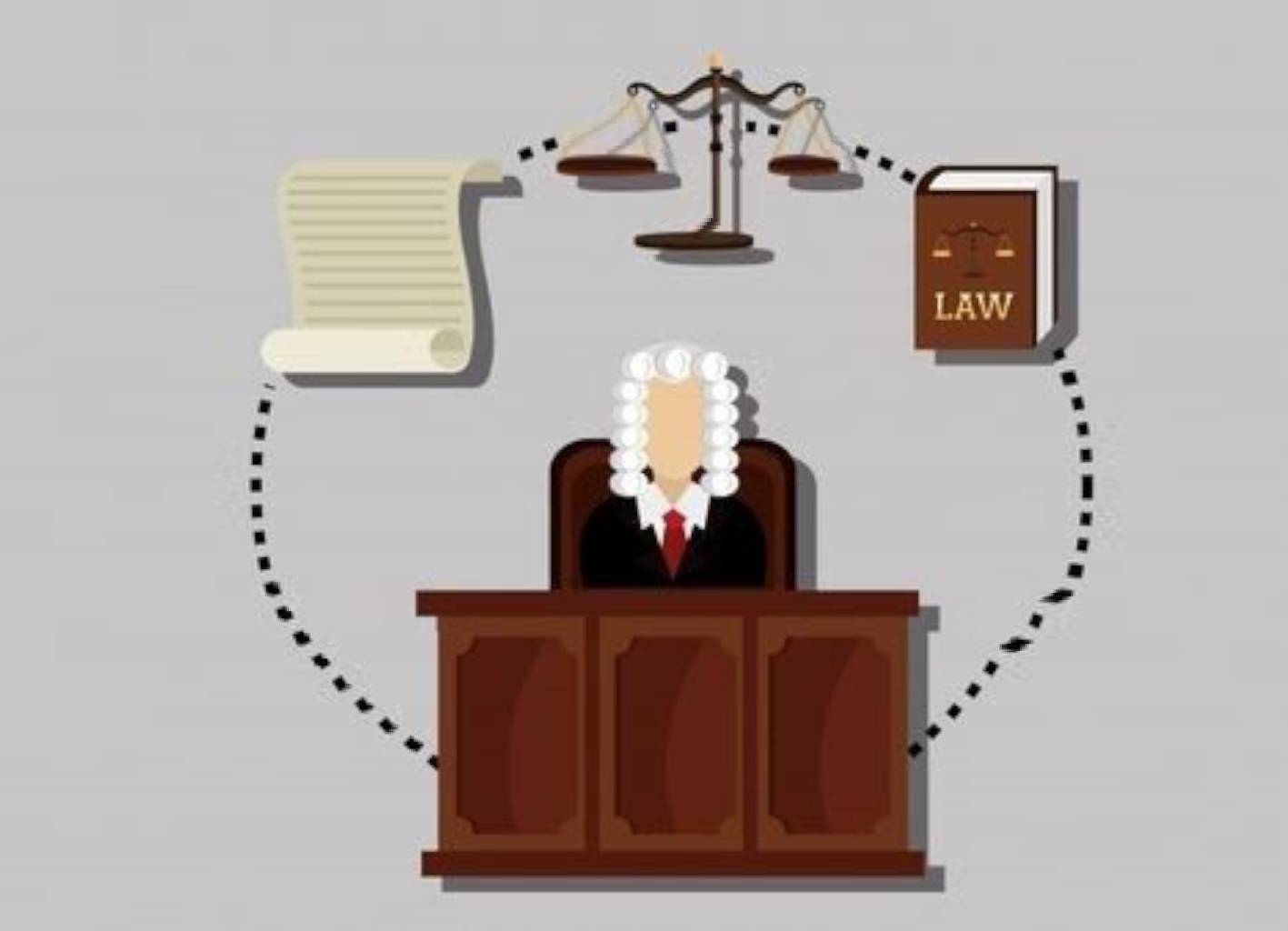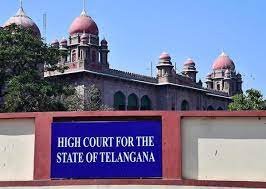Introduction: Corruption within the criminal justice system represents a grave threat to the very foundations of democracy and the rule of law. When entrusted with upholding justice, law enforcement agencies, judicial bodies, and other entities within the criminal justice system wield immense power. However, the perversion of this power for personal gain or political motives undermines the principles of fairness, accountability, and equality before the law.
Forms of Corruption: Corruption in the criminal justice system manifests in various forms, including bribery, extortion, nepotism, cronyism, and abuse of authority. Law enforcement officials may accept bribes to turn a blind eye to criminal activities or to fabricate evidence, while judicial officials may succumb to political pressure or monetary inducements to influence case outcomes.
Impacts on Society: The ramifications of corruption within the criminal justice system are profound and far-reaching. Innocent individuals may be wrongfully convicted or denied justice, while the guilty may escape punishment through illicit means. Confidence in the legal system erodes, fostering a culture of impunity and undermining public trust in institutions. Moreover, corruption perpetuates social inequality, as the wealthy and powerful often wield undue influence over the course of justice, while the marginalized and disadvantaged suffer disproportionately.
Root Causes: The root causes of corruption in the criminal justice system are multifaceted and complex. They may stem from systemic deficiencies such as inadequate accountability mechanisms, lack of transparency, low salaries for personnel, and political interference. Additionally, societal factors such as entrenched cultural norms of patronage and impunity contribute to the perpetuation of corrupt practices.
Combatting Corruption: Addressing corruption within the criminal justice system requires a comprehensive approach encompassing legal reforms, institutional strengthening, and societal engagement. Measures such as enhancing transparency, implementing stringent anti-corruption laws, promoting ethical standards, and ensuring judicial independence are crucial steps towards combating corruption. Additionally, fostering a culture of integrity, accountability, and respect for the rule of law among law enforcement officials and judicial personnel is essential.
Conclusion: Corruption in the criminal justice system undermines the very essence of justice and poses a significant threat to the fabric of society. It is imperative that concerted efforts be made to root out corruption, uphold the principles of fairness and equality, and restore public trust in the integrity of the legal system. Only through unwavering commitment to combat corruption can the criminal justice system fulfill its mandate to serve and protect all members of society.



